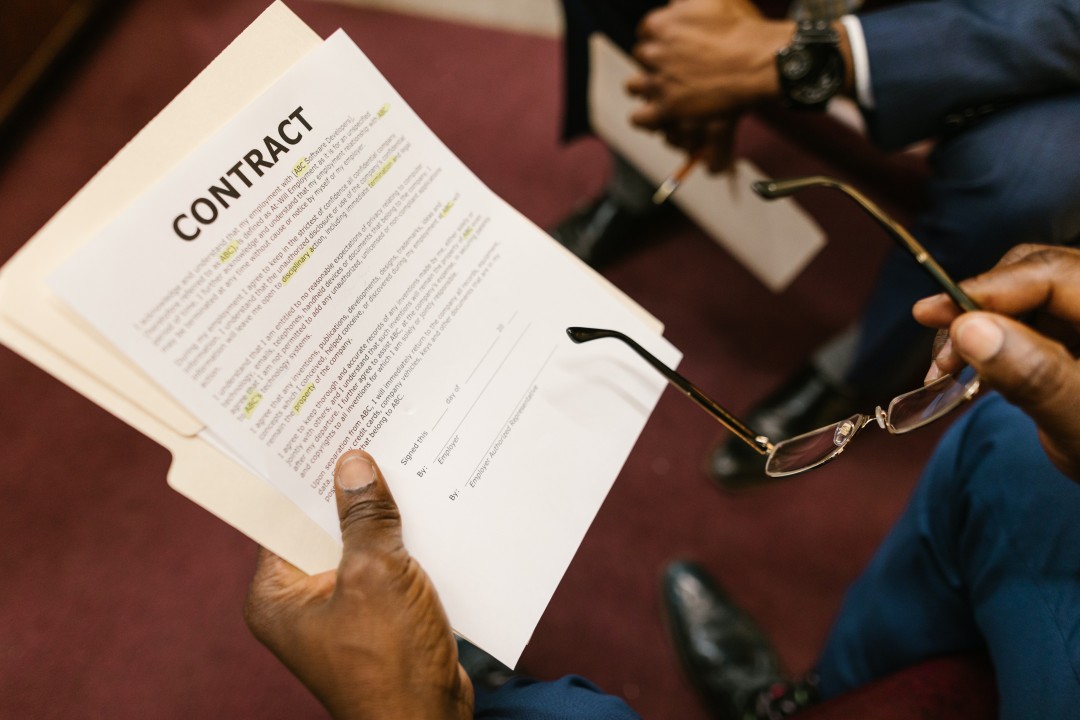 Charlize Theron has reportedly negotiated a raise after the Sony hack revealed she was earning less than her male co-star, Chris Hemsworth, I tweeted over the weekend, linking to a New York magazine post.
Charlize Theron has reportedly negotiated a raise after the Sony hack revealed she was earning less than her male co-star, Chris Hemsworth, I tweeted over the weekend, linking to a New York magazine post.
“Makes zero sense that Theron — an Oscar winner — would be paid … less than a man whose biggest title is sexiest man,” one of my whip-smart colleagues tweeted in response.
It inspired me to call Laurel Bellows, a Chicago employment attorney and the chair of the American Bar Association’s gender-equity task force. Bellows, a former ABA president, started her career representing prostitutes. Now she helps senior executives, both men and women, negotiate pay packages on their way in or their way out.
This is her best advice:
“I often have to negotiate a compensation that says here’s the dollar amount but at no time shall it be less than her peer in a particular position,” Bellows said. “Now, I’m taking a chance when I do that … because I don’t know if that peer, man or woman, but most often it’s a man, is being paid less. So I might be limiting her pay, but that’s pretty unlikely at the moment.”
So Bellows names the colleague? Yes, she does, either the person or the position.
Does that work? Most won’t agree to it, Bellows said. But it gets them thinking about equity and fairness.
According to the New York Post’s Page Six, the hack gave Theron the leverage to do just that. Working through her agents at WME (William Morris Endeavor Entertainment), she insisted she be paid the same as Hemsworth, a deal worth more than $10 million, for the upcoming movie “The Huntsman.” It’s a prequel to the hit “Snow White and the Huntsman” and scheduled for 2016 release.
The Post, however, didn’t reveal what Theron was earning before, only that it was less than Hemsworth.
The leak also revealed “American Hustle” stars Amy Adams and Jennifer Lawrence received 7 percent of the back-end profits (called “points”) while their male costars, Bradley Cooper, Christian Bale and Jeremy Renner, and director David O. Russell, got 9 percent.
“And remember, this is another really important point, we’re not talking about simply base salary,” Bellows said. “Because everyone says, ‘Oh, her base is the same as mine.’ It’s all about bonus compensation. The granting of stock. The timeline for the vesting of those shares. And on separation, do you treat them differently?”
Bellows said women often don’t discover inequity until they leave, of their own accord or not. If there’s a suit, they don’t find out until discovery, when a court forces a company to reveal the information.
“Unequal pay not only exists but is rampant … for comparable work at the same job, for the same people, with the same hours, with the same seniority,” Bellows said. “It is a fact. Before Congress has been the Paycheck Fairness Act, which was adopted by the House (in 2009) but not by the Senate, and that is because the corporate lobby says, ‘Don’t make us disclose pay.'”
It required a hack of Sony’s operations to pull that off for Theron.
“Compensation is considered to be confidential,” Bellows said. “The law, as it stands now, is allowing people to be terminated, literally terminated, because they discussed compensation. It is in employer policies.
“But if men and women don’t have the ability to voluntarily discuss it at the water cooler, they will never know if they are paid equally. And until our Congress states clearly that pay is something that is and must be discussed, Charlize Theron and her agents have no way of knowing.”
Companies opposing the bill are afraid of lawsuits from lawyers such as Bellows.
“Only if there’s an inequality of pay,” Bellows said.



